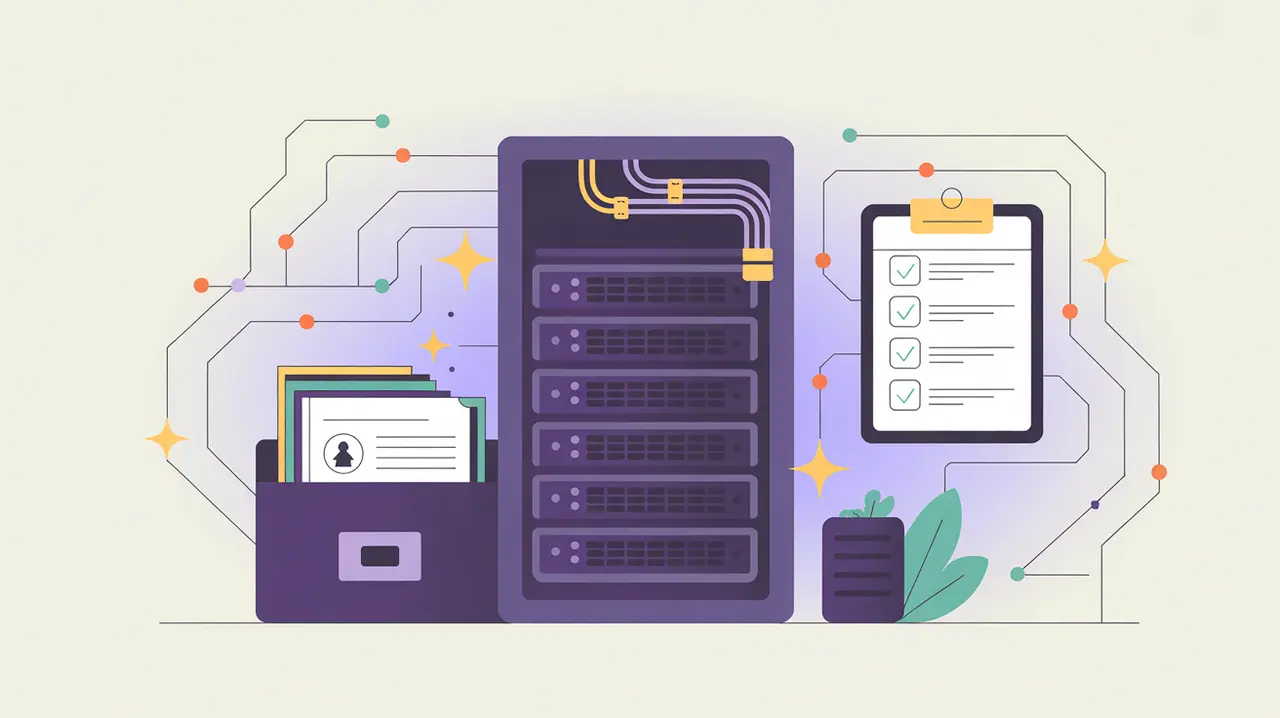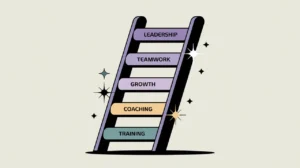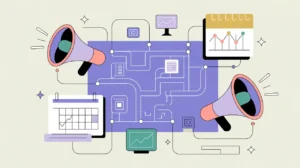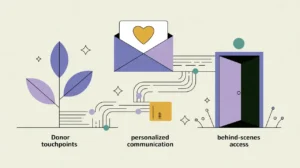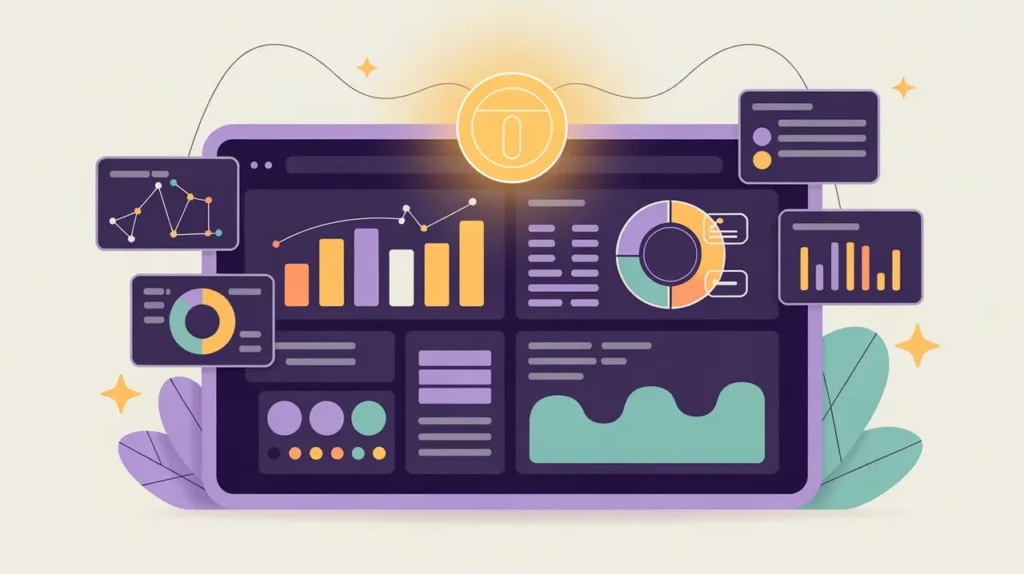What Does Cybersecurity & Data Ethics Involve?
Cybersecurity and data ethics ensure that nonprofits protect sensitive information and use data responsibly. Nonprofits handle personal data on donors, beneficiaries, staff, and partners, making security and ethical practices critical for trust. Cybersecurity protects systems from unauthorized access, breaches, and attacks. Data ethics ensures that information is collected, stored, and used in ways that respect privacy, dignity, and consent.
In practice, cybersecurity means implementing secure networks, encryption, and access controls, as well as training staff to avoid phishing or malware risks. Data ethics involves setting policies on what data is collected, how it is shared, and how long it is retained. Together, these disciplines ensure nonprofits maintain legal compliance, safeguard vulnerable populations, and preserve organizational credibility.
When nonprofits overlook cybersecurity and ethics, they risk breaches that can expose communities to harm and erode donor trust. Strong practices prevent such risks and establish an organizational culture that values protection and respect.
What Competencies are Associated with this Role?
Cybersecurity and ethics require both technical expertise and principled judgment. Competencies include:
- Designing and enforcing security policies
- Implementing encryption and secure data storage
- Managing identity and access controls
- Training staff on cyber hygiene practices
- Monitoring systems for vulnerabilities and threats
- Ensuring compliance with data protection laws (e.g., GDPR, HIPAA)
- Applying ethical frameworks to data collection and use
- Drafting data privacy and consent protocols
- Conducting ethical reviews of new technologies
- Documenting incidents and ensuring transparent responses
How Might AI and Automation Help this Role?
AI and automation can strengthen cybersecurity and ethical oversight. Opportunities include:
- AI-driven threat detection and anomaly monitoring
- Automated compliance checks against legal standards
- Machine learning to predict and flag vulnerabilities
- Automated alerts for suspicious activity in real time
- Generative AI to draft privacy policies and incident reports
- AI-powered encryption and authentication tools
- Natural language processing to scan for ethical risks in data use
- Automated consent tracking and expiration reminders
What are the Roles by Experience Level?
Roles range from IT support to executive-level oversight of digital integrity:
- Entry: IT Support Assistant, Data Security Clerk – manage passwords, monitor logs, support basic incident response
- Mid: Cybersecurity Officer, Data Privacy Specialist – oversee systems security, ensure compliance, manage ethical protocols
- Senior: Cybersecurity Manager, Data Ethics Lead – design organizational strategies, lead response to breaches, conduct ethical reviews
- Executive: Chief Information Security Officer, Director of Data Ethics – set policy frameworks, represent the organization externally, ensure accountability
How Transferable are the Skills from this Role?
Cybersecurity and data ethics skills transfer directly into IT, compliance, and governance roles across sectors. Within nonprofits, they prepare staff for leadership in technology, operations, and compliance. Beyond nonprofits, they align with growing demand in government, finance, healthcare, and corporate sectors where data security and ethics are critical. These skills position professionals as guardians of trust in any context where sensitive data shapes relationships.
